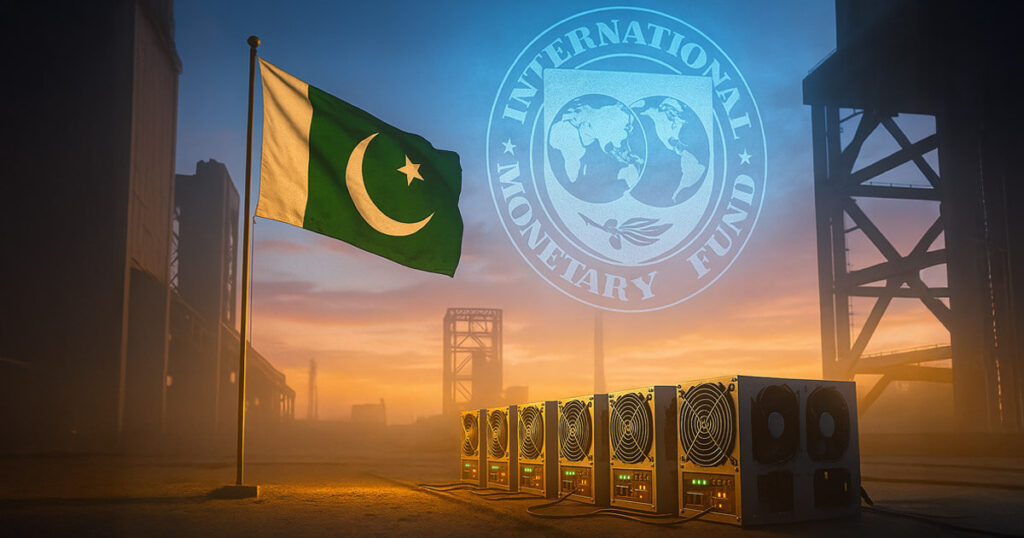The International Monetary Fund has recently expressed concerns regarding Pakistan’s proposal to subsidize electricity for Bitcoin mining operations. According to a report by local media outlet Profit on July 3, the IMF has only approved a three-month relief period as opposed to the proposed six months. The organization cited potential risks of market distortion and added pressure on Pakistan’s already strained energy sector as reasons for the partial rejection.
This decision reflects the IMF’s broader skepticism towards national-level crypto adoption, as seen in their warnings to other countries like El Salvador. The IMF has cautioned against direct government involvement in Bitcoin mining and accumulation, emphasizing the need for caution in embracing cryptocurrencies.
In addition to concerns about crypto adoption, the IMF has also raised questions about Pakistan’s energy plans, particularly those related to emerging sectors like Bitcoin mining and AI infrastructure. The government’s proposal to repurpose underutilized coal plants to power crypto mining operations has sparked debates about national energy priorities and the potential impact on electricity tariffs.
Despite the IMF’s reservations, Pakistan seems determined to deepen its involvement in the crypto space. The country has positioned Bitcoin as a tool for financial decentralization and innovation in the Global South, signaling a broader commitment to digital assets. In line with this strategy, Pakistan has formed a Crypto Council and appointed a high-profile advisory group including figures like MicroStrategy’s Michael Saylor and Binance founder Changpeng Zhao.
In a significant move, World Liberty Financial, a DeFi project associated with US President Donald Trump and his family, signed a memorandum of understanding with the Pakistani Crypto Council in June. This partnership highlights Pakistan’s efforts to shape global crypto discourse and policy, showcasing the country’s ambition to play a leading role in the crypto industry.
As Pakistan navigates the complexities of integrating Bitcoin mining into its energy sector, the IMF’s cautious stance serves as a reminder of the challenges and considerations involved in adopting cryptocurrencies at a national level. The country’s evolving crypto strategy reflects a broader trend towards digital asset adoption in emerging markets, positioning Pakistan as a key player in the global crypto landscape.

